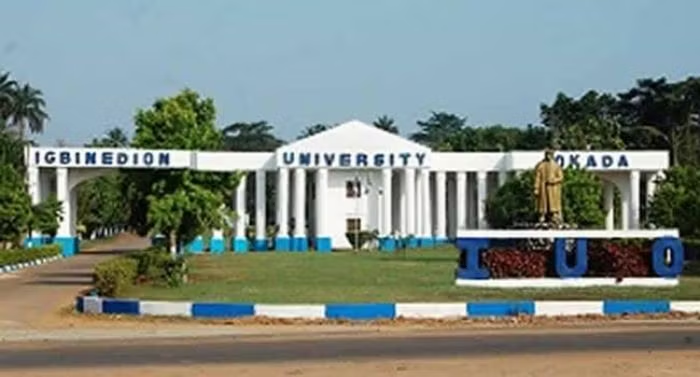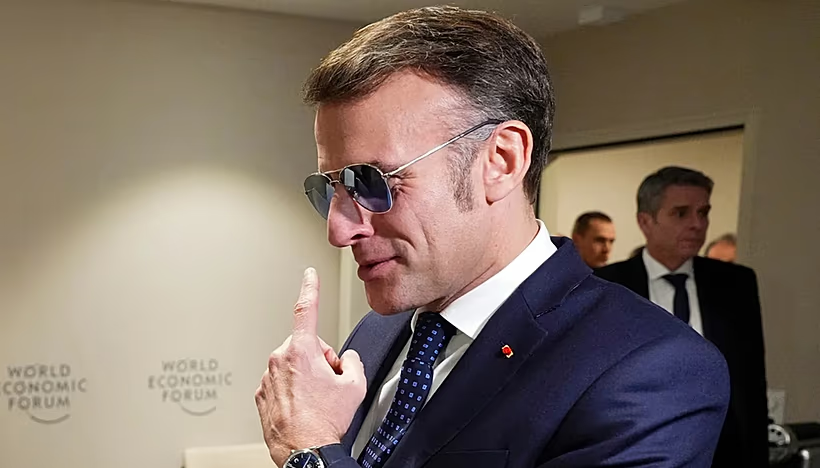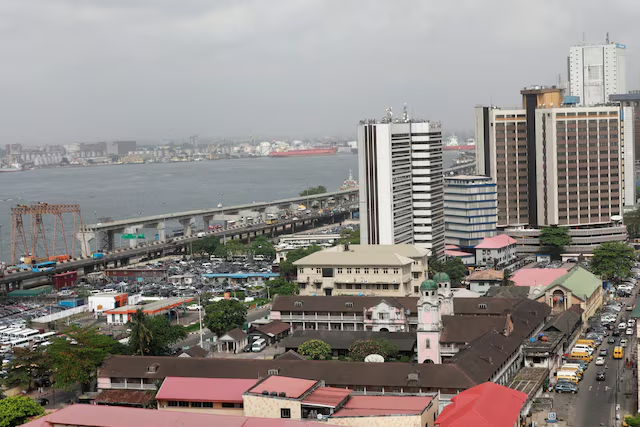El-Rufai Admitted Touring Chad, Niger, Mali To Pay Herdsmen Off – Tabara

By Erewunmi Peace
A statement made by former Kaduna State Governor, Nasir El-Rufai, during his tenure has resurfaced in public debate, reigniting controversy over his handling of security challenges in Southern Kaduna.
In 2016, El-Rufai publicly admitted that his administration traced and engaged Fulani herdsmen — some based in Niger, Chad, Mali, Cameroon, and Senegal — after a series of violent clashes in Southern Kaduna. According to him, the herders lost cattle during the 2011 post-election violence and sought redress.
El-Rufai explained that his government offered compensation for lost cattle in exchange for peace. He stated:
“We traced some of them across the border to Niger, Cameroon, Chad, Mali and Senegal. We held discussions with their leaders, and we compensated some of them.”
The governor said the decision was aimed at halting retaliatory attacks in Southern Kaduna, which had escalated into cycles of violence between farmers and herders.
However, the move drew widespread criticism at the time, with critics accusing El-Rufai of “rewarding killers” and undermining justice for victims. Senator Danjuma La’ah of Southern Kaduna, among others, dismissed the claims as “false and politically motivated.”
The controversy resurfaced after Engineer Samuel Tabara, President of the Southern Kaduna Peoples Union (SOKAPU), recently referenced El-Rufai’s 2016 statement, accusing him of setting a precedent for negotiating with armed groups.
Ironically, in later years, El-Rufai condemned any form of negotiation or compensation for bandits, insisting that such approaches embolden criminality. He warned that anyone caught negotiating with terrorists under his administration would face prosecution.
The contradiction between his earlier and later positions has fueled renewed debate over Nigeria’s broader security strategy and the role of political leaders in addressing banditry and farmer-herder conflicts.























































































































































































































































































































































































































































































































































































































































































































































































































































































































































































































































































































































































































































































































































































































































































































































































































































































































































































































































































































































































































































































































































































































